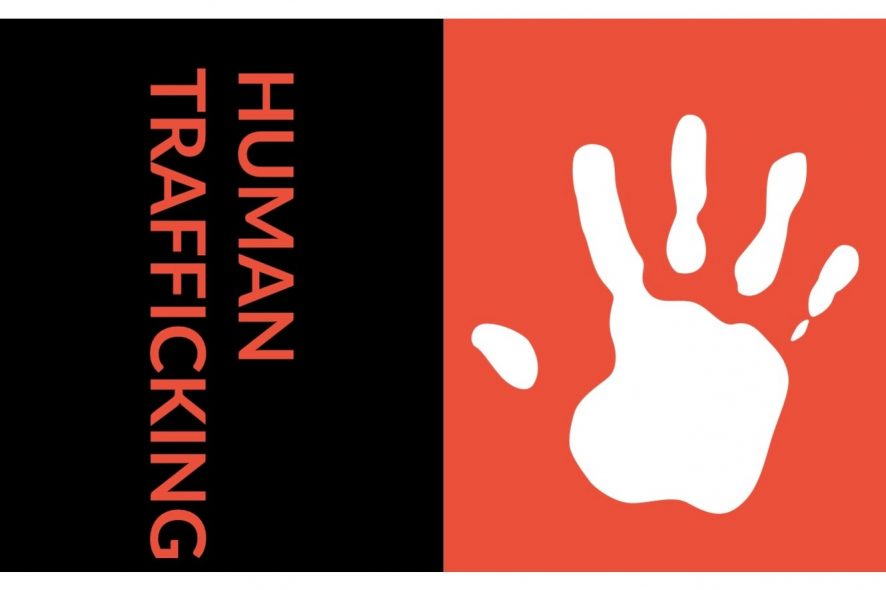“You may choose to look the other way but you can never say again that you did not know.”
-William Wilberforce
30th July is marked as the day to spread awareness of the plight of human trafficking victims with a message to make this world a better place to live in.
Human Trafficking manifests modern-day slavery, which is the most brutal form of crimes and one of the most serious human rights abuses. An individual suppressing another by using force and taking advantage of the person’s vulnerability while ravaging dignity and integrity in the most extensive form is what constitutes human trafficking.
Diminishing the self-worth of a person and leading him/her to an environment that is nothing less than prison and forcing an individual to put themselves on exhibit and act like a profit-making machine for the predators/traffickers is the essence of human trafficking.
The primary cause of this phenomenon is poverty, which draws the victim towards the trafficker by putting up their dignity on display with costs. Sometimes in the semblance of religious beliefs or at times parents trying to repay their debts push their young ones into this horrendous trap.
The three most common types of human trafficking are Forced Labour, Sex trafficking and Debt Bondage.
Trafficking in persons is defined by the UN as “the recruitment, transportation, transfer, harbouring or receipt of persons, by means of the threat or use of force or other forms of coercion, of abduction, of fraud, of deception, of the abuse of power or of a position of vulnerability or of the giving or receiving of payments or benefits to achieve the consent of a person having control over another person, for the purpose of exploitation. Exploitation shall include, at a minimum, the exploitation of the prostitution of others or other forms of sexual exploitation, forced labour or services, slavery or practices similar to slavery, servitude or the removal of organs”.
According to the United Nations, following are the elements that constitute Human Trafficking:
The Act (What is done)
Recruitment, transportation, transfer, harbouring or receipt of persons
The Means (How it is done)
Threat or use of force, coercion, abduction, fraud, deception, abuse of power or vulnerability, or giving payments or benefits to a person in control of the victim
The Purpose (Why it is done)
For the purpose of exploitation, which includes exploiting the prostitution of others, sexual exploitation, forced labour, slavery or similar practices and the removal of organs.
Human Trafficking is one of the gruesome acts for which several organisations have been fighting for more than a decade now.
Prevalence of a generic thought about Human Trafficking, which acts as a common belief among society is sex trafficking. This myopic belief draws a conclusion in the mind of people which is restrictive in nature in turn diluting the understanding of the real aspect of this humongous term.
Every occurrence of human trafficking, which ranges from being forced, tricked or misled into modern-day slavery or enslaving individuals for personal benefit in any manner is disastrous for any individual. If these people are able to escape a shrouded abduction and hidden enslavement, they have specific needs that are unique to their situation. We have leading agencies working on rehabilitation, but the question arises that are we as a society raising enough awareness to tackle this syndrome and put an end to it.
Traffickers lure these victims with the promise of a superior and better life and eventually leads them to be blinded and getting abused.
Human Trafficking is one of the ugliest forms of human rights violations. It is a torturous web wherein people fall prey to being tortured and exploited with no mercy on them. This gruesome act has no boundaries or discrimination, in fact, a person as old as 60 years to a child aged 5 years could also be in the line of victims/survivors.
This condemnable crime can take a step back every day if we keep taking steps forward in becoming more prudent as individuals and create awareness among people.
† Legal Editor, EBC Publishing Pvt. Ltd.







